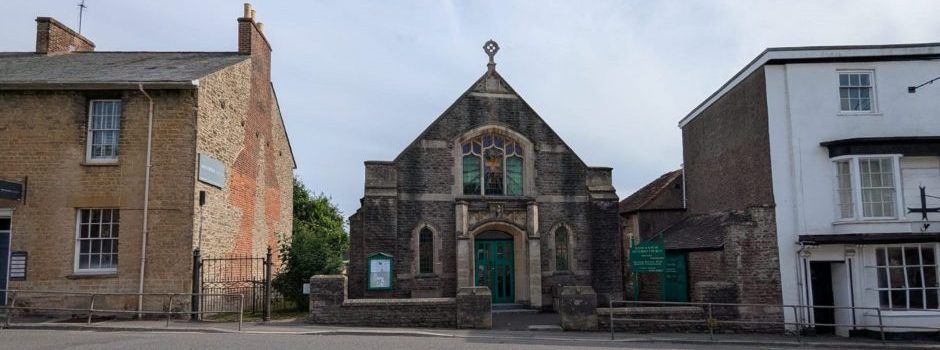We sold our Mill Street buildings in April 2025, and are currently in a time of prayer and asking God what He wants us to do next. We are excited, waiting together to see what He says.
For the time being we are based in the premises of Wincanton Methodist Church (see image above). Our weekly Sunday service starts at 11:45 am.
